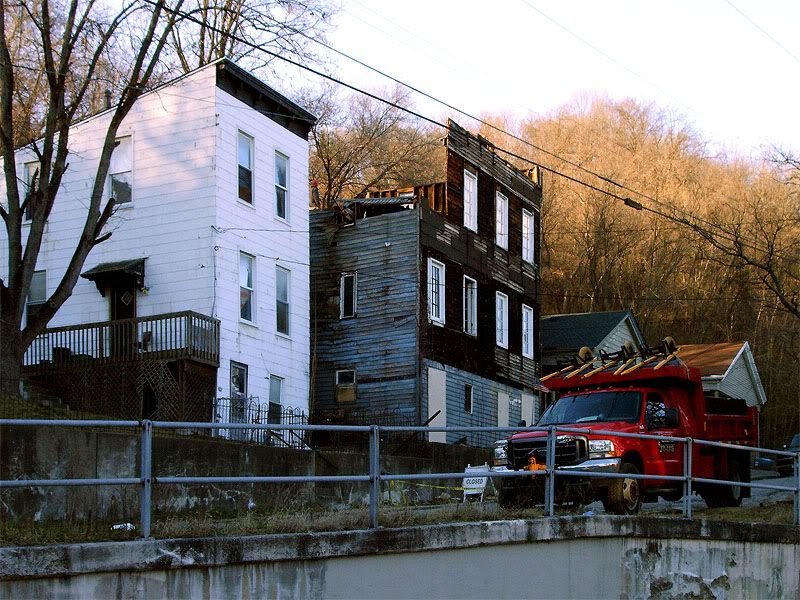 A new City program to put vacant and foreclosed houses back into the hands of homeowners won't be limited to certain neighborhoods, city manager Milton Dohoney Jr. says in a memo to Cincinnati City Council.
A new City program to put vacant and foreclosed houses back into the hands of homeowners won't be limited to certain neighborhoods, city manager Milton Dohoney Jr. says in a memo to Cincinnati City Council.
In February 2008, council passed a motion to create the Neighborhood Homes Initiative to put vacant and foreclosed homes back into the hands of homeowners, and the 2008 biennial budget established $1.25 million for a foreclosure fund
The business plan for NHI was presented on March 3, 2009 to council's Vibrant Neighborhoods Committee, with the Homesteading and Urban Redevelopment Corporation named as the program administrator.
Since then, $4.1 million from the $8.3 million HUD Neighborhood Stabilization Program (NSP) funding has been made available for acquisition and rehabilitation of blighted homes.
But, according to HUD's guidelines, those funds must be targeted to the neighborhoods of East Price Hill, Madisonville, Northside, West Price Hill, Westwood, Avondale, Bond Hill, College Hill. Evanston, and South Fairmount.
South Cumminsville, North Fairmount, Spring Grove Village, Kennedy Heights, and Mount Auburn aren't included in the NSP program, going against a council motion introduced last month by councilmembers Chris Monzel and Roxanne Qualls that sought to concentrate NHI funding on non-NSP neighborhoods.
"Target areas would include but would not be limited to Neighborhood Enhancement Program (NEP) areas and Neighborhood Stabilization Program areas," Dohoney says. "NHI does not intend to focus solely on NSP neighborhoods, however nor was it NHI’s intent to preclude them from participating in the program as it may create advantageous synergy with the NSP program."
Dohoney says that $800,000 currently is earmarked for the acquisition of foreclosed properties, and, at $40,000 per property, that results in only 20 homes being purchased annually.
"Similarly, if the average purchase price is estimated at $25,000, only 32 homes can be acquired," Dohoney says. "Targeting limited housing resources arises from the need to create measurable and visible impacts within a neighborhood and to create a critical mass of development activity that leads to a fundamental change."
Dohoney says that a contract for NHI is close to being finalized, and that a future update on 2009 NSP funding could allow for expansion into additional neighborhoods.
"Cincinnati’s neighborhoods would be best served by strategic implementation of the closely related NHI and NSP programs," he says. "Therefore, the Administration recommends postponing determining the NHI neighborhoods until such time both the programs can be reviewed simultaneously."
Previous reading on BC:
Neighborhood Homes Initiative could begin in April (3/19/09)
Foreclosure initiative presented in Cincinnati council committee (5/14/08)
Monday, April 13, 2009
NHI funded neighborhoods in question
Posted by
Kevin LeMaster
at
5:08 AM
![]()









